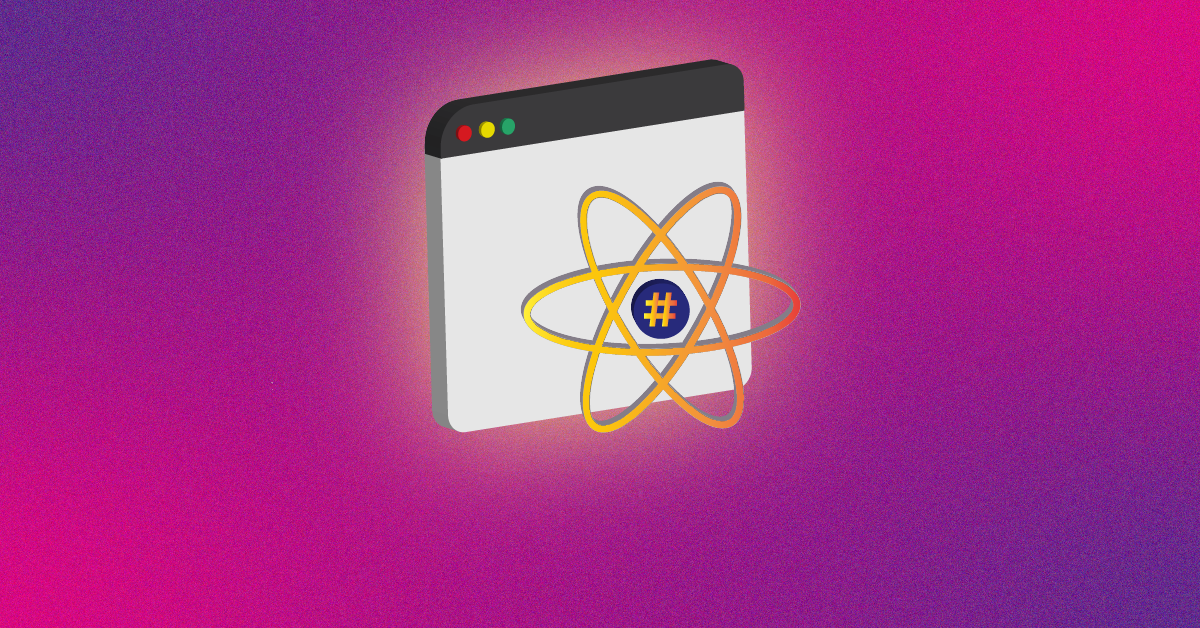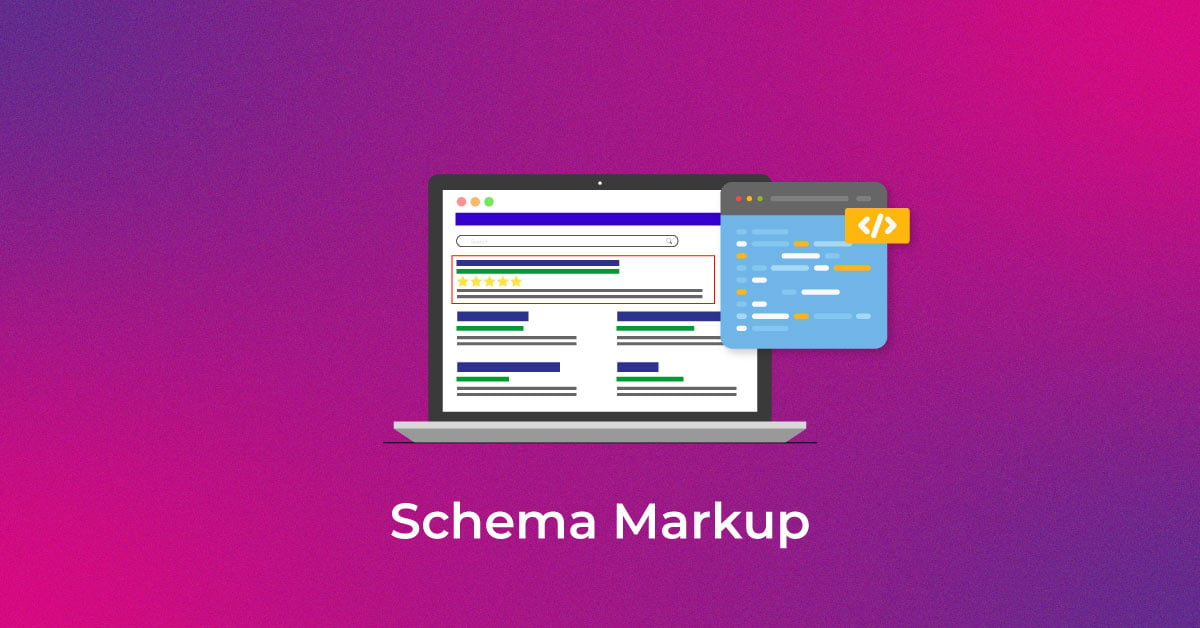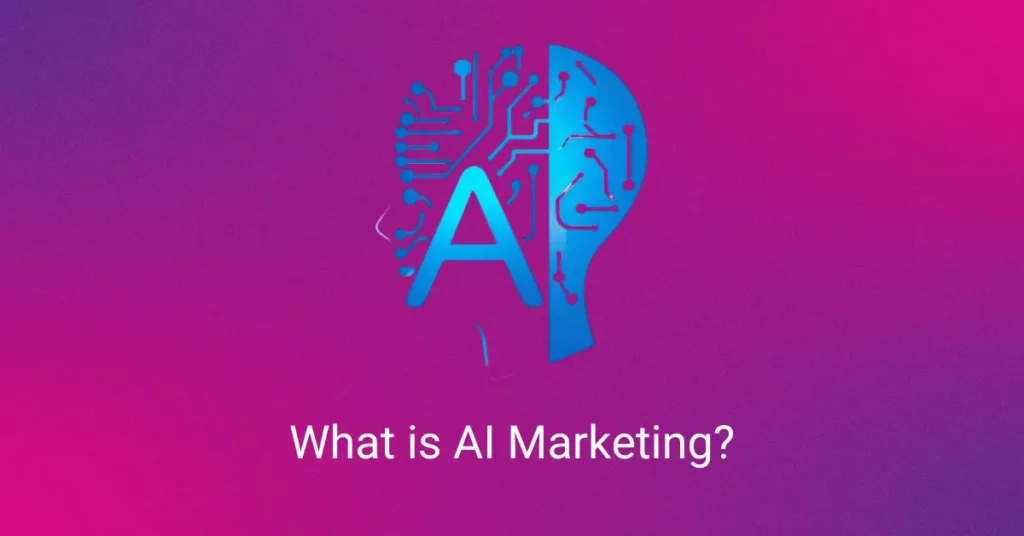Artificial intelligence (AI) marketing platforms have completely changed the way businesses conduct marketing strategies and interact with customers.
These platforms can help you gather deeper insights into your target audiences. You can create more personalized customer journeys. AI marketing tools can also drive more conversions with a lesser workload on your marketing teams.
So, what is AI, and how can it play a vital role in your marketing campaign?
What is artificial intelligence?
Artificial intelligence (AI) refers to the simulation of human intelligence in machines or computer systems. In other words, AI is a computer science branch that enables machines to carry out tasks that would otherwise need human intelligence. These tasks can be reasoning, learning, problem-solving, or decision-making. The technologies that power AI include machine learning, deep learning, robotics, computer vision, etc.
Artificial intelligence types include narrow AI and general AI. Narrow AI performs tasks within a limited domain. Examples of narrow AI include self-driving cars or voice assistants like Amazon’s Alexa. General AI, on the other hand, refers to hypothetical intelligence that can understand, learn and perform tasks like a human.
What is artificial intelligence marketing?
AI marketing uses artificial intelligence technology to collect insights into your target audiences. It helps you identify their behavior, needs, and preferences so you can create better content for them.
The main question, however, is how does AI marketing work?
AI in marketing typically collects data, understands customer behavior, and analyzes the information to achieve marketing goals. It can also help you observe economic trends or other factors that may affect your marketing plans.
Using AI in marketing can speed up your entire digital marketing process. It can study the profiles of your customers and create tailored messages for them. This ultimately increases your sales and revenue.
Benefits of AI marketing?
There are ample benefits of AI marketing, some of which are as follows:
- Increased return on investment (ROI)
AI marketing helps you draw valuable insights from datasets and design your marketing strategy. It also helps you allocate funds more efficiently leading to increased campaign ROI.
- Improved customer relationships
AI marketing tools can help you deliver personalized messages and use virtual agents for your customers. This helps you engage and build better relationships with them and thus boost conversion rates.
- Quick decision making
AI can analyze large chunks of data within seconds and can come to conclusions quickly. This allows you to make faster decisions using real-time analytics.
Uses of AI in marketing
Some of the uses of AI marketing include:
- Data analysis
AI marketing can collect and sort enormous amounts of data from your marketing campaigns. This task may otherwise require manual effort.
- Automated decision-making
Based on past data or external data inputs, AI marketing tools can help you decide which marketing strategy is appropriate for your business growth.
- Natural language processing (NLP)
AI marketing tools can create a human-like language for virtual agents, content creation, experience personalization, etc.
- Content creation
Using AI marketing tools can help you create content like email subject lines, blogs, and video captions with less time and effort.
- Media buying
You can use AI in marketing to find the most impactful ad and media placements to reach your prospects and boost your marketing efforts.
- Real-time personalization
AI marketing can help you create personalized messages for prospects. This can motivate them to take certain actions such as signing up, buying your product, or clicking a link.
Types of AI marketing solutions
Here’s a list of AI marketing solutions that can improve your digital marketing campaign:
AI marketing platforms and tools
AI marketing tools can help you handle the enormous amounts of data extracted from your marketing campaign. They can bring you useful marketing information from your prospects.
You can use this collected data to target your audience with appropriate techniques. For example, Bayesian Learning and Forgetting framework can give you a clear picture of how receptive a prospect is to your particular marketing effort.
Machine learning
Artificial intelligence technology enables machines to learn from data. It also lets them improve their performance. This is what machine learning is. You can use this AI marketing solution to analyze new information from relevant historic data and identify which strategy worked or didn’t work for you in the past.
Big data and analytics
Digital media has tons of “big data.” This data can allow you to understand your customers’ behavior and their preferences in a better way.
However, the large amount of data can baffle you about which data set to draw insights from. This is where AI marketing tools come to your rescue. They can analyze this big data and sift it down for your marketing campaign.
Challenges of AI in marketing
AI has led to significant advancement in the area of marketing. However, the technology comes with its own share of challenges that include:
Privacy
Data collected by marketing AI tools can include personal information, browsing history, and purchasing behavior of customers. It can be challenging to ensure the security of this data, especially with increasing data protection laws.
Quality of data and training time
AI marketing tools do not work on their own. They need training and time to learn about your marketing goals and target audience.
However, training AI marketing tools also require high-quality data. Using poor-quality data to train these tools can lead to poor decisions that may not align with your customer preferences.
Deployment guidelines
AI marketing is still at a nascent stage. There are no established deployment guidelines in the field, so make sure you have a clear picture of the long-term impacts of your AI marketing campaign.
How to use AI in marketing
Here’s how you can use marketing AI tools to get the most value from your investment:
Data sources and data quantity
To train your AI marketing tools, you need to collect large amounts of data. You can gather this data from your website, Customer Relationship Management (CRM), or previous marketing campaigns. You can also collect second or third-party data that may impact purchasing decisions. It can be location data, economic data, weather data, or more.
Establish goals
Establishing clear goals at the beginning of your AI marketing program is essential. To get started, you need to identify areas that need optimization. You can then establish Key Performance Indicators (KPIs) to measure the success of your campaign.
Develop your data science talent
Working with an enormous amount of data can be challenging if you don’t have the required expertise. To overcome this, you can work with third-party organizations. They can assist you in collecting and analyzing data to train your AI tools for the best outcomes.
Data privacy standards
Make sure your AI marketing platform does not misuse data in the name of marketing. So, before starting, ensure your AI marketing endeavor is based on data privacy standards. This not only makes you compliant with the laws but also helps you win the trust of your customers in the long run.
Conclusion
Now that you know what is AI marketing, you can incorporate it into your digital marketing campaign to boost your ROI.
With AI marketing, you can create tailored campaigns for each of your customers. This fosters increased customer satisfaction and strong brand loyalty. Data-driven insights from AI also lead to faster and more informed decisions.
However, challenges in terms of data privacy and ethical concerns still linger. It is crucial to strike a balance between using customer data for marketing and respecting individual privacy.
Popular Searches
How useful was this post?
0 / 5. 0














